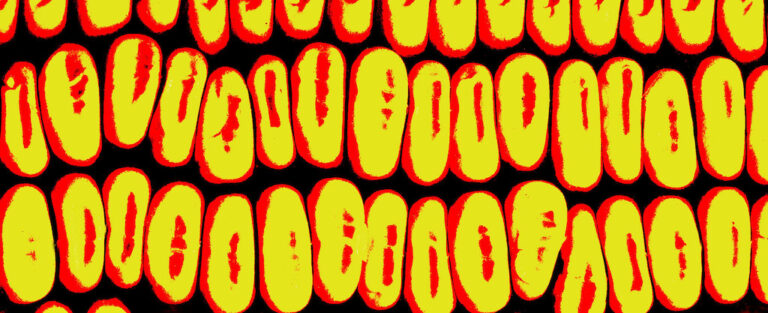Ghassan Moussawi’s Disruptive Situations challenges the exceptionalist representations of lesbian, gay, bisexual, and trans (LGBT) experiences in Beirut through a focus on the everyday queer strategies and tactics. Moussawi analyzes the everyday practices of LGBT interlocutors navigating al-wad’ (the situation), a term that refers to the normative order of disruptions, precarity, and instability that permeate daily life across contemporary Beirut. Al-wad’ simultaneously features as a historical condition of perpetual instability bearing on daily life in Beirut, as well as a lens to analyze the practices of everyday life for Moussawi’s LGBT interlocutors. Moussawi’s inductive ethnographic approach charts the strategic use of identities, visibility, and “bubbles” or sources of solace in order to challenge exceptionalist representations of Beirut and LGBT experiences in the city. Moussawi critiques these reductive representations as “fractal orientalism”, a reductive representation that embeds hierarchies and exclusion through geographic associations, such as in fashioning Beirut as the “Paris of the Middle East”. Beirut becomes charming and “cosmopolitan” in a way that is similar to, but not quite, the same as Paris. Moussawi’s focus on queer daily practices against the backdrop of al-wad’ shows the limitations of these reductive representations in an effort to reimagine queerness, subjectivity, and politics.
Articles by Robert Flahive
Robert Flahive is a PhD Candidate in the Alliance for Social, Political, Ethical, and Cultural Thought (ASPECT) program at Virginia Tech. His research explores the preservation of architecture and spaces produced through twentieth-century colonialism in Casablanca, Tel Aviv, and Addis Ababa. He is interested in the intersections of urbanism, architectural theory, history, historic preservation, and international politics. He holds an MA from the American University of Beirut and a BA from Washington University in St. Louis.
